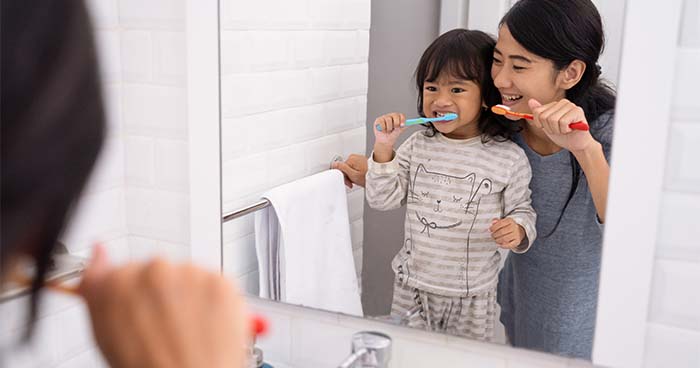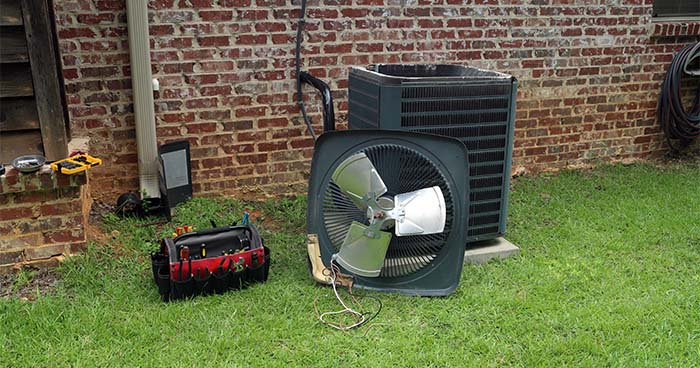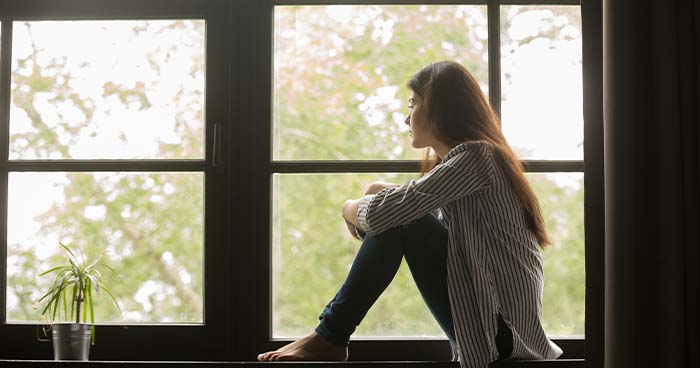With an Energy-Efficient Home, Every Day Is Earth Day
Technology and innovation are all around us. With so many options to improve efficiency, it’s a wonder more people aren’t going green.
If everyone made small changes to improve efficiency, it would have a huge impact on the health of our planet, our energy bills, and our community. You don’t need to do a big overhaul and change your entire life, just a few small steps can make a big difference.
Here are some of our favorite tips for an energy-efficient home.
Energy Efficiency in the Kitchen
Increase Refrigerator Temperature Settings
If you’ve never adjusted the temperature settings in your refrigerator, you could have it much colder than it needs to be to keep your food at a safe temperature. A refrigerator temperature of 37 degrees and a freezer temperature of 0 degrees will keep your food from spoiling but won’t cause your energy costs to skyrocket.

Invest in ENERGY STAR Appliances
ENERGY STAR appliances, like refrigerators, clothing washers, and even TVs, maximize energy and dollar savings without sacrificing desirable features.
Certified ENERGY STAR refrigerators are about 9% more energy efficient than other models, yielding a savings of up to $220 over the 12-year lifetime of the appliance.
Use the Burner Wisely
Modern stoves have large and small burners, and some even have two settings for the large burners to accommodate smaller pots and pans. If you have a habit of using the large burner for small pots and pans, you’re wasting valuable energy unnecessarily. Make sure you stick to the burner that’s the appropriate size for your cookware.
 Turn Off the Ice Maker
Turn Off the Ice Maker
Automatic ice makers increase a refrigerator’s energy use by 14% to 20%. If yours has an option to turn it off, consider doing so and using ice cube trays instead.
Wash Your Laundry in Cold Water When Possible
According to Treehugger.com, 90% of the energy your washer uses is to heat the water. If you wash in cold water, you can reduce your washer’s workload and lower your energy bills significantly.
There are also other benefits to washing your clothes in cold water. A cold water wash is less likely to fade and shrink your clothes. Cold water also helps preserve the color of your clothing.
Energy Efficiency in the Bathroom
Install a Low-Flow Showerhead
Low-flow showerheads improve your home’s water efficiency and help you reduce your water use. A low-flow showerhead has a flow rate of less than 2.5 gallons per minute, compared to 5 gallons per minute with a conventional showerhead.
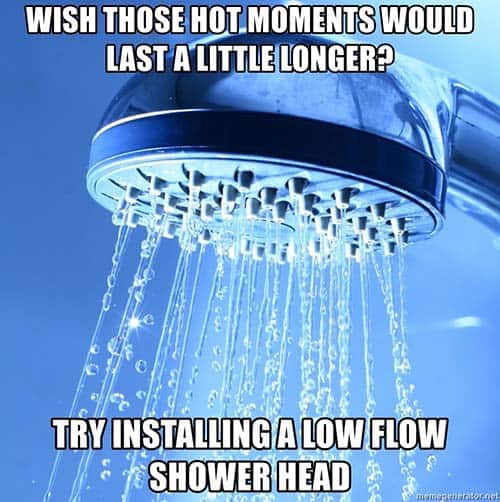
Turn Off Unnecessary Water
Leaving the water running while you do dishes, brush your teeth, or shave can use gallons of water each year. According to the Environmental Protection Agency (EPA), unnecessary water use contributes up to $170 a year on your energy bill.
Bathing instead of showering also uses over four times the water. Also, try to avoid running partial loads in both your clothing and dish washer to conserve water.
Replace Incandescent Light Bulbs with Compact Fluorescent Lamps (CFLs)
Incandescent bulbs ceased production in 2014, but they’ve been replaced by halogen bulbs, light-emitting diode (LED) bulbs, and compact fluorescent bulbs (CFLs), all of which are more energy efficient. The average home has about 40 bulbs, so switching to greener CFLs can save energy and money on your electric bill.
Energy Efficiency in the Home
Schedule Regular Tune-Ups for Your HVAC System
If your HVAC system is overdue for a tune-up, it can be subjected to unnecessary wear and tear that reduces its efficiency. The most efficient appliance is one in optimal condition, so be sure to schedule your HVAC maintenance to make sure your system is running at its best.
Assess Your Insulation and Consider Investing in New or Better Insulation
Effective insulation reduces the heat that flows out of your home in winter or the heat that comes into your home in summer, decreasing the energy necessary to keep your home comfortable. If your insulation is old, it could impact your home’s comfort and efficiency.
It may be worth the investment in new or better insulation. Though you have to pay upfront, the improvement in energy costs and comfort will pay off over time.
Lower Your Thermostat
Lowering the temperature on your thermostat when you’re away from home can reduce your monthly energy bill and reduce your energy use. Just lowering your thermostat by 10 or 15 degrees can save you up to 15% each year, according to Energy.gov.
Weather Seal, Update, or Replace Your Windows
Drafty, damaged, or poorly insulated windows can allow air to leak in your home and lets your heat or air conditioning out. You can fix the problem by adding weatherstripping around the window frames and caulking the cracks along the edges. If your windows are old and outdated, you may want to consider replacing them.
Start a Compost Pile
Composting is an excellent way to recycle organic matter, such as food scraps and leaves.
- Create a compost heap in an open, level area with good drainage.
- Add organic material, avoiding animal feces, diseased plants, meat and dairy products, or human waste.
- Your materials should be nitrogen greens and carbon browns, alternating layers and lightly watering them.
- Compost should be moist, but not soggy.
- Keep turning the compost pile regularly to speed up composition.
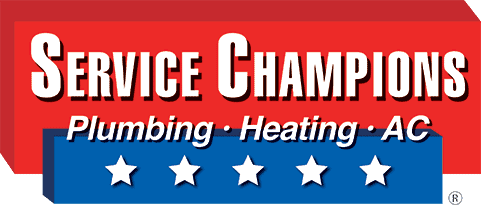
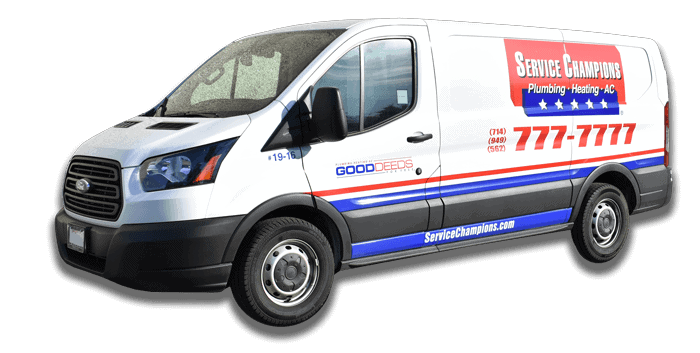
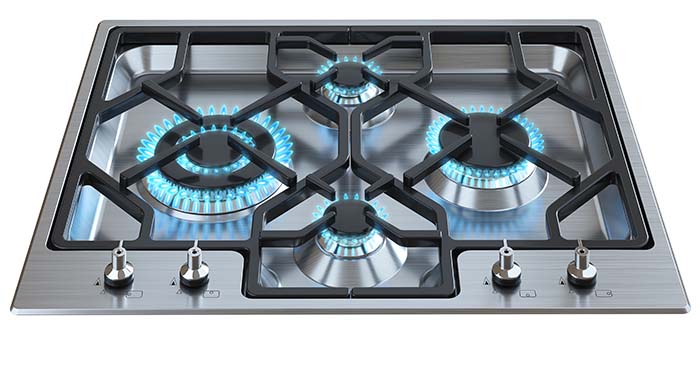 Turn Off the Ice Maker
Turn Off the Ice Maker